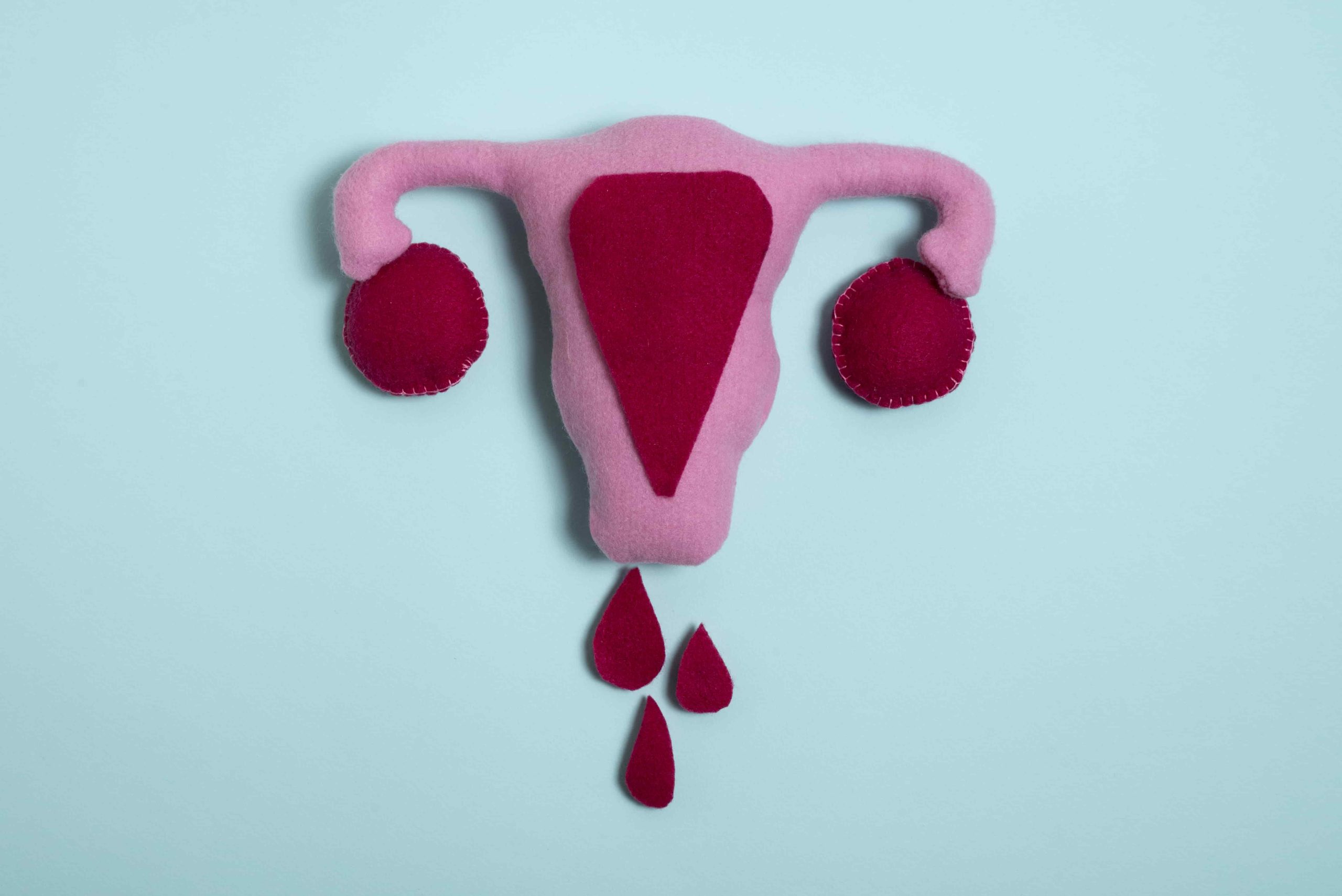Menorrhagia is the medical term that refers to abnormally heavy or prolonged bleeding that lasts for more than 7 days. Many women experience heavy bleeding, but they are usually not severe enough to be considered menorrhagia. So, how would you know if you’re experiencing menorrhagia?
Signs
You may have menorrhagia if:
- You need one or more sanitary pads or tampons to contain your menstrual flow every hour for several hours in a row.
- Your period lasts more than seven days.
- You have to constantly change your pad or tampon.
- You need to change pads during the night.
- Your menstrual flow contains blood clots about the size of a quarter or larger.
- Every period causes blood loss and cramping that are severe enough to interfere with your daily activities and prevent you from carrying on like on a normal day.
- You have constant pain in the abdomen during your periods.
- You lack energy, or you are short of breath.
Causes
There are many reasons for abnormally heavy or prolonged menstrual bleeding. The causes of menorrhagia can be divided into three categories: uterine-related problems, hormone-related problems, and other illnesses or disorders.
The possible causes include:
- Uterine fibroids: These noncancerous tumors grow outside the uterine wall and can cause heavy bleeding or painful periods.
- Uterine polyps: Polyps are endometrial tissue overgrowths. They are very common in women and can be found in the cervix, uterus, fallopian tubes and other places in the body.
- Irregular ovulation: If your hormones are out of whack, it can cause irregular ovulation.
This is common during puberty and perimenopause, but it can also happen if you lose weight or are stressed out. Sometimes it happens as a symptom of certain medical conditions like PCOS or hypothyroidism.
- Adenomyosis: People with this condition have tissue from their lining of the uterus embedded in their muscle. This causes pain and heavy bleeding during periods.
- Pelvic inflammatory disease (PID): Untreated sexually transmitted diseases can lead to infections in the reproductive organs, such as PID.
- Pregnancy-related complications: When a pregnant woman experiences problems such as pregnancy loss or an ectopic pregnancy, she may have abnormal bleeding.
- Cancer: Cancer of the uterus, cervix, and ovaries can cause heavy bleeding.
- Inherited bleeding disorders: Examples include Von Willebrand’s disease and platelet function disorders.
- Medications: Certain anti-inflammatory and anticoagulant drugs can cause heavy bleeding.
Other health conditions such as thyroid disorders, endometriosis, and liver or kidney disease may also cause menorrhagia.
Diagnosis
When periods last longer than 7 days or interrupt daily life, you should contact a doctor. The doctor will ask you about your symptoms and possible causes of the problem. He or she may also perform a physical examination to check for symptoms of menorrhagia (anemia).
Tests that can help diagnose menorrhagia include:
- blood tests
- Pap smear
- endometrial biopsy
- ultrasound
- sonohysterogram
- hysteroscopy
- dilation and curettage
Treatment
The right treatment for you will depend on the causes and symptoms you are experiencing. Possible treatments include the following.
Drug Therapy
- Iron supplements
- Ibuprofen
- Oral contraceptive pills
- Hormone therapy
- Antifibrinolytic medicines
Surgical Treatment
- Dilation and Curettage (D&C).A procedure in which the top layer of the uterus lining is removed to reduce menstrual bleeding. This procedure might need to be repeated over time, but it can help women with heavy periods.
- Operative hysteroscopy. A surgical procedure that looks inside the uterus to remove polyps and fibroids, correct abnormalities of the uterus, or remove the lining of the uterus to manage heavy menstrual flow.
- Endometrial ablation or resection. There are two types of surgical procedures used to control menstrual bleeding. The first type involves removing the lining of the uterus, so that women no longer have periods. However, some women will continue to have periods but their flow will be lighter than before. The second type of procedure removes part of the uterine lining but does not remove the uterus. In this case, women can still have children in the future.
- Hysterectomy. A major operation that requires hospitalization and the removal of a woman’s uterus. After this procedure, she cannot become pregnant, nor will she have her period.
Sources:
Heavy Menstrual Bleeding (n.d.). Center for Disease Control and Prevention. https://www.cdc.gov/ncbddd/blooddisorders/women/menorrhagia.html
Mayo Clinic Staff. (n.d.). Menorrhagia. Mayo Clinic. https://www.mayoclinic.org/diseases-conditions/menorrhagia/symptoms-causes/syc-20352829
Smith, L. (April 26, 2023). MedicalNewsToday. https://www.medicalnewstoday.com/articles/295202#causes



